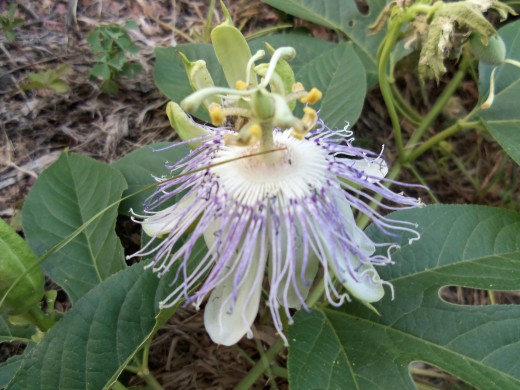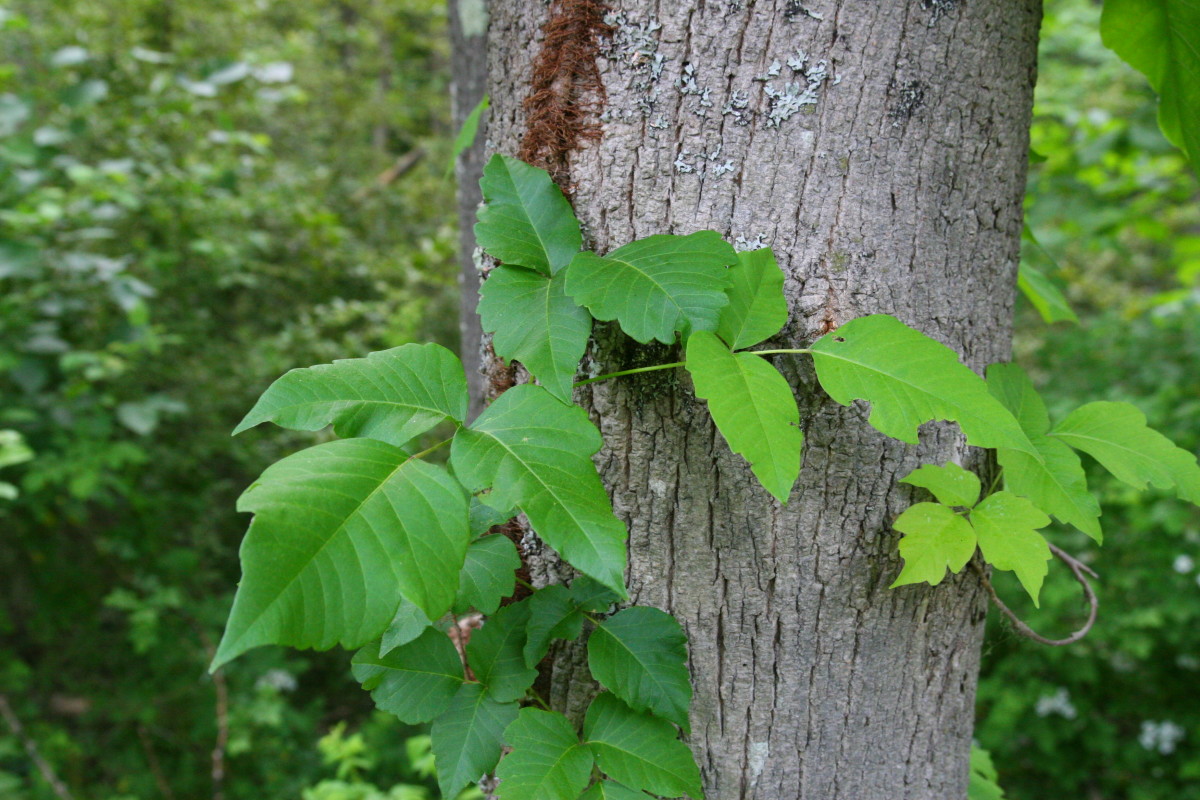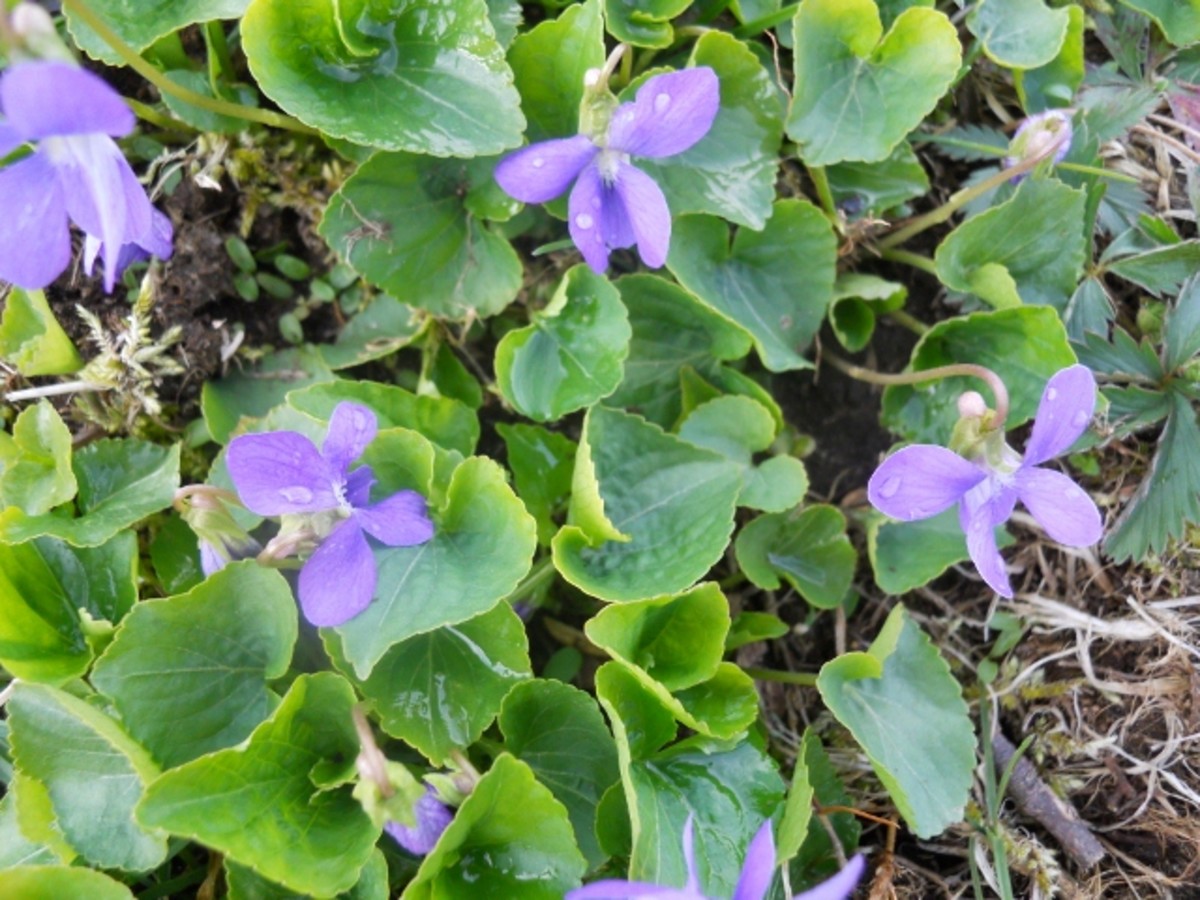Maypop uses and identification
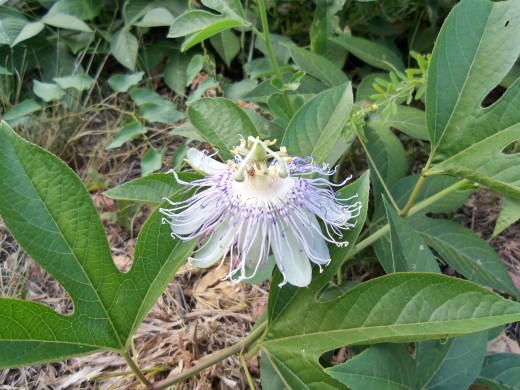
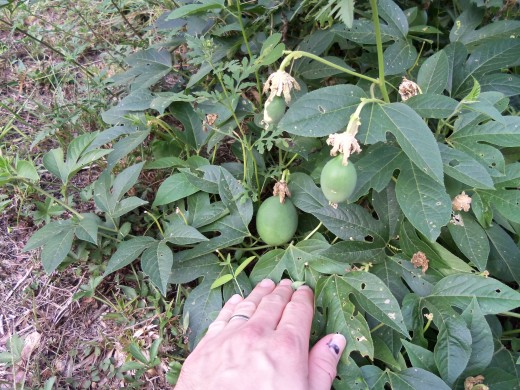
Not just another weed
The maypop- also known as the passionflower, scientifically named passiflora incarnata, is a wild vine that grows throughout the eastern United States. It is a unique looking plant with three-fingered leaves and intricate bright purple flowers that bloom in the summer. It grows in near or in fields and in recently turned earth. The maypop is generally considered a pest due to it's quick growth and hardiness, though it is classified as a wildflower. Various members of it's genus passiflora can be found throughout the world. It's South American cousin is the bearer of passion fruit.
However pesky it may be, don't be too quick to kill it if it pops up in your yard. The fruit it produces can be eaten and when it grows with plenty of water it is quite tasty (as the many animals than love it can attest) and the whole plant has sedative properties that have been used throughout history to treat sleeplessness and hysteria, and it's still in use today.
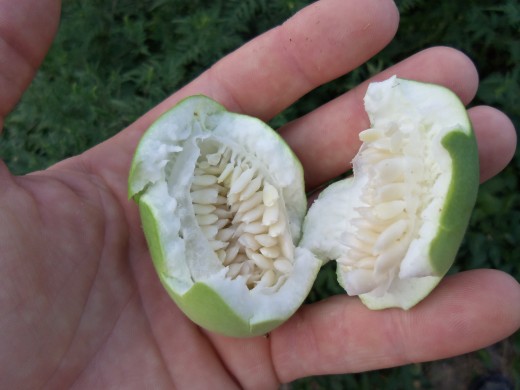
As a food
Though the whole plant is referred to as maypop, this is really the name of the fruit, an egg shaped and sized seed pod. The fruit is eaten by tearing open the seedpods and squeezing the pulp inside your mouth to release the juice, then spitting out the seeds. Think of it as eating a pomegranate. If the plant grew in an unusually dry environment the fruit will be dry inside and not worth eating. Fruit is ready when it softens and begins to turn yellow.
As medicine
The roots,flowers, and leaves of the maypop, or passionflower, contain natural MAO inhibitors that serve as antidepressants. The greatest concentration of these are in the roots. In addition to the sedative effects the plant is also used intensify the effects of certain mind altering drugs. In modern times the plant material has been scientifically shown to help humans with different anxiety disorders.
If you found a maypop growing wild, would you eat it?
Another wild herb that might be growing in your yard:
